Life in Afghanistan two years after US ouster and Taliban’s return to power
By Syed Zafar Mehdi
Afghanistan marks two years since the Taliban’s dramatic comeback, the Afghan government’s collapse and the ouster of US-led coalition forces after two decades of military occupation.
It was on August 15, 2021, that the group laid siege to Kabul after astonishing advances across the country, overthrowing the Ashraf Ghani government and forcing Americans to beat a hasty retreat.
Taliban’s return came almost two decades after the US and its allies carpet bombed the landlocked South Asian country on the pretext of decimating the Taliban and Al-Qaeda and capturing Osama Bin Laden, who was described as the “mastermind of 9/11 attacks.”
The dramatic turn of events leading up to the Taliban's comeback and the botched exit of US-led foreign forces demonstrated again how the Hindu Kush country has been the “graveyard of powerful empires”, from Alexander the Great in the third century BC to Americans in the 21st century.
The image of Chris Donahue, the last American soldier to leave Afghanistan, looking weary and disillusioned, fittingly represented the abject failure and capitulation of the US and its NATO allies after 20 years of disastrous and futile military adventure.
Military strategists are still grappling with the question of how the army with the world’s most sophisticated weaponry was wiped out by a guerilla group of Kalashnikov-wielding fighters.
The answer lies in history. Many foreign powers tried to conquer the mineral-rich South Asian country tucked in the majestic Hindu Kush Mountains but came out defeated and humiliated.
The American experiment in Afghanistan, however, will unquestionably count as the worst strategic and military debacle of the last century, as it was forced to admit defeat and face ignominy.
For two decades, the protracted war in Afghanistan remained an enigma for the successive US governments, from George Bush to Joe Biden, even as it incurred huge expenses for the US military-industrial complex and was tremendously detested both in Afghanistan and the US.
It started on February 29, 2020, when then-US President Donald Trump’s administration reached a secretive agreement with the Taliban to withdraw US troops from the country by May 1, 2021.
The deal, however, failed to de-escalate tensions between the two sides as the megalomaniac former American president was unwilling to stick to his commitments.
On April 14, 2021, Trump’s successor, Joe Biden, announced that the remaining 2,500-3,500 US troops in Afghanistan would be pulled out by September 11 of that year to end what he referred to as America’s “forever war.”
Between May and August 2021, Taliban fighters seized many key provincial capitals across the country, as the beleaguered Afghan security forces offered tame surrender, in the absence of military support from their international partners.
On August 15, 2021, the group breached the security cordon around the capital Kabul and took control of key government installations without firing a single bullet, as officials scampered to flee abroad.
In days after the siege of Kabul, tens of thousands of terrified people headed to the Kabul International Airport, looking for evacuation flights. The disastrous war ended the way it started – in violence.
The dramatic Taliban takeover and the botched US drawdown spawned the worst humanitarian crisis in Afghanistan, as the US froze their assets worth $9 billion and halted billions in development aid.
To make it worse, President Biden distributed the assets belonging to the people of Afghanistan as compensation to the victims of the 9/11 attacks, sparking anger and outrage from Afghans.
Two years after the US withdrawal from Afghanistan and the Taliban’s return, the war-torn country continues to grapple with the deteriorating humanitarian situation amid crippling US sanctions and a shortage of funds, with the international community turning a blind eye to the plight of Afghans.
Millions of Afghans, including young university graduates, are without work today. The country’s banking system is practically dysfunctional. Hospitals are lying in tatters and almost the entire population is living below the poverty line, according to the UN development bodies.
Tens of thousands of Afghans who fled the country and were promised asylum by Americans and Europeans have been abandoned, with many of them living in hotels, from Islamabad to London.
Meanwhile, the Taliban are marking the second anniversary of their return to power with a public holiday on Tuesday, holding street rallies across the country, from Kabul to Khost to Nangarhar.
“On the second anniversary of the conquest of Kabul, we would like to congratulate the mujahid [holy warrior] nation of Afghanistan and ask them to thank Almighty Allah for this great victory,” the group’s media-savvy spokesman, Zabihullah Mujahid, said in a statement on Tuesday.
“Now that overall security is ensured in the country, the entire territory of the country is managed under a single leadership, an Islamic system is in place and everything is explained from the angle of Sharia [Islamic law],” he hastened to add.
The de-facto Taliban government is still not recognized by the world community as it has resisted calls for the inclusion of ethnic minorities in the government as well as the protection of women’s rights.
The most pressing issue has been the exclusion of young girls from classes, which has emerged as a key roadblock in the de-facto Taliban government’s recognition by the international community.
A group of UN experts lashed out at the Taliban authorities in a statement on Monday.
“Despite reassurances by the Taliban de facto authorities that any restrictions, particularly in terms of access to education would be temporary, the facts on the ground have demonstrated an accelerated, systematic, and all-engulfing system of segregation, marginalization and persecution,” the experts said.
“The gap between promises and practices by Afghanistan’s de facto authorities has widened, and the idea of a “reformed” Taliban has been exposed as mistaken."
However, observers say the scale of corruption that was the hallmark of West-backed governments in Afghanistan over the past 20 years has significantly declined in the last two years.
Also, the Taliban authorities have been successful in imposing a blanket ban on the cultivation of opium poppy, an important and laudable step in the global anti-narcotics drive.
Pertinently, until the Taliban came back, Afghanistan used to produce more than 80 percent of the world's opium, and heroin made from it accounted for almost 95 percent of the drug market in Europe.
Americans had encouraged poppy cultivation in the past 20 years, and reaped benefits from it.
Syed Zafar Mehdi is a Tehran-based journalist, editor and blogger. He has reported from Afghanistan.
(The views expressed in this article do not necessarily reflect those of Press TV.)
'Gaza has won': Social media users react to ceasefire with mix of relief, joy
Iran seeks South Korea’s assistance for AI, fiber-optic projects
VIDEO | Iran's 'Eqtedar' (Power) maneuver
Israel hits HTS military target in Syria for 1st time since fall of Assad
VIDEO | Press TV's news headlines
Israel has slaughtered 13,000 students in Gaza, West Bank
VIDEO | More Zionist than Zionists: Biden’s legacy to be defined by Gaza genocide
Hamas confirms handing approval of Gaza ceasefire deal to mediators


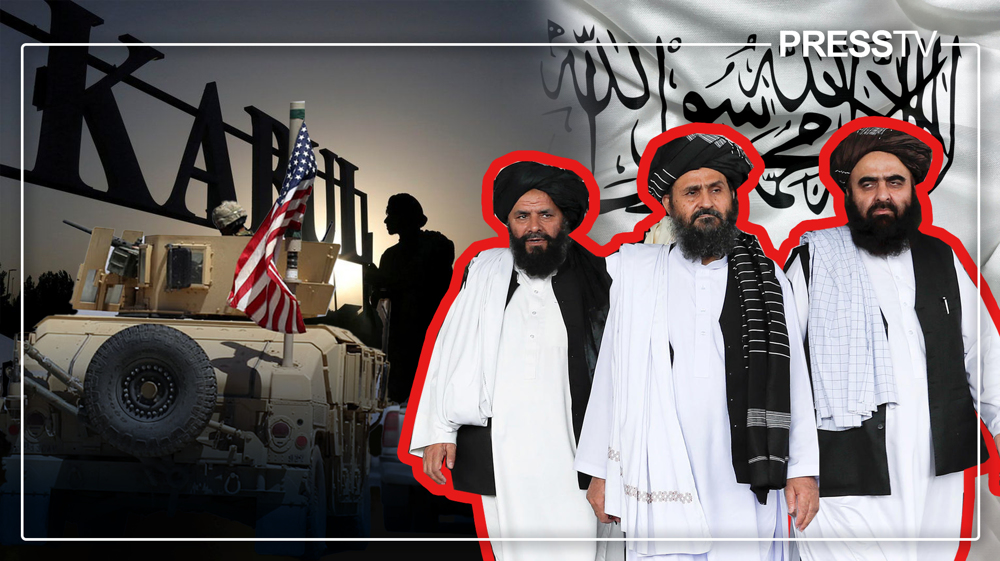
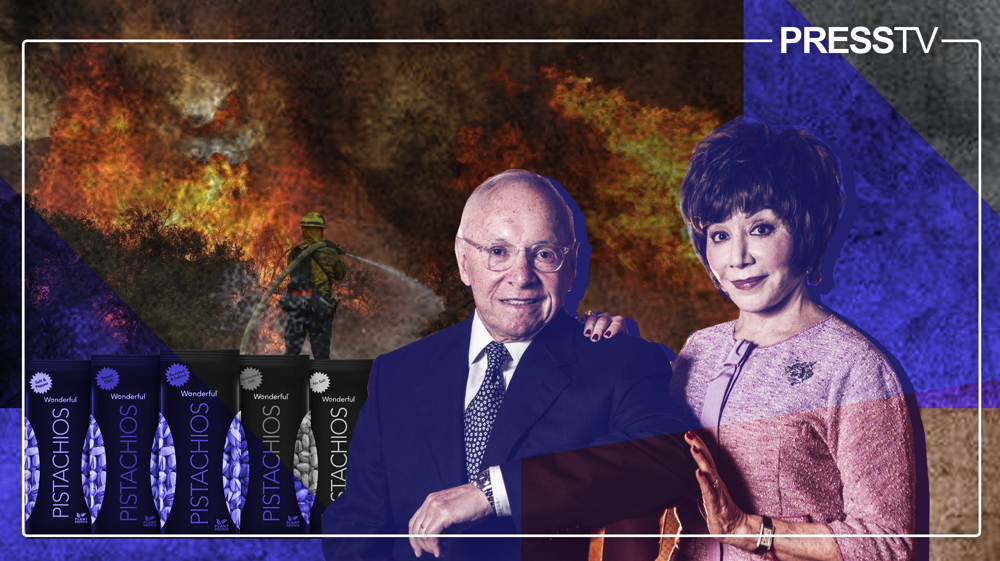
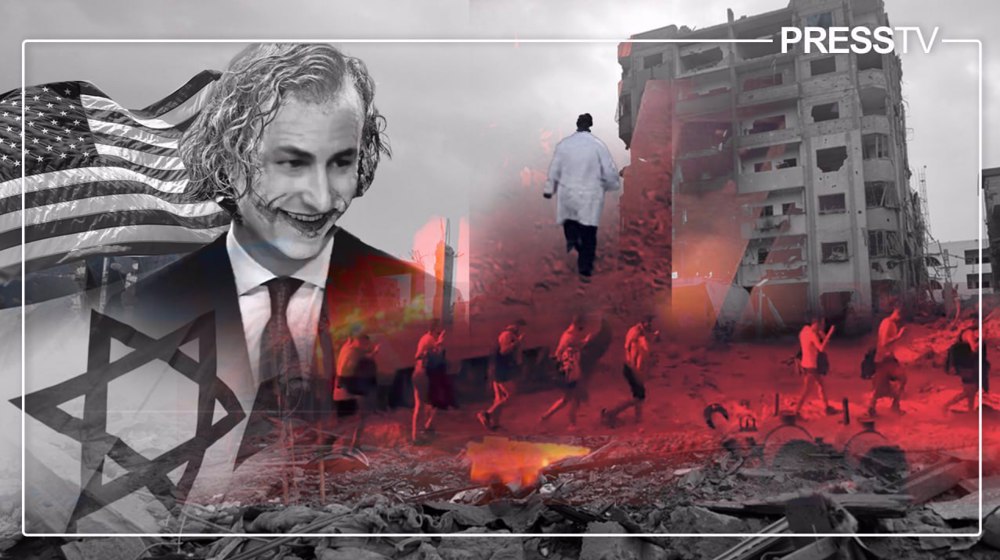
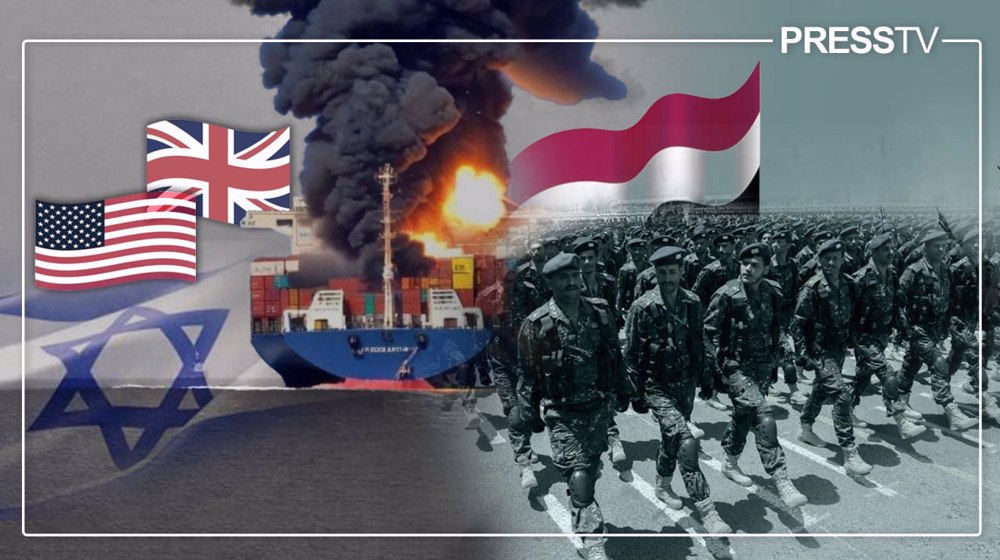




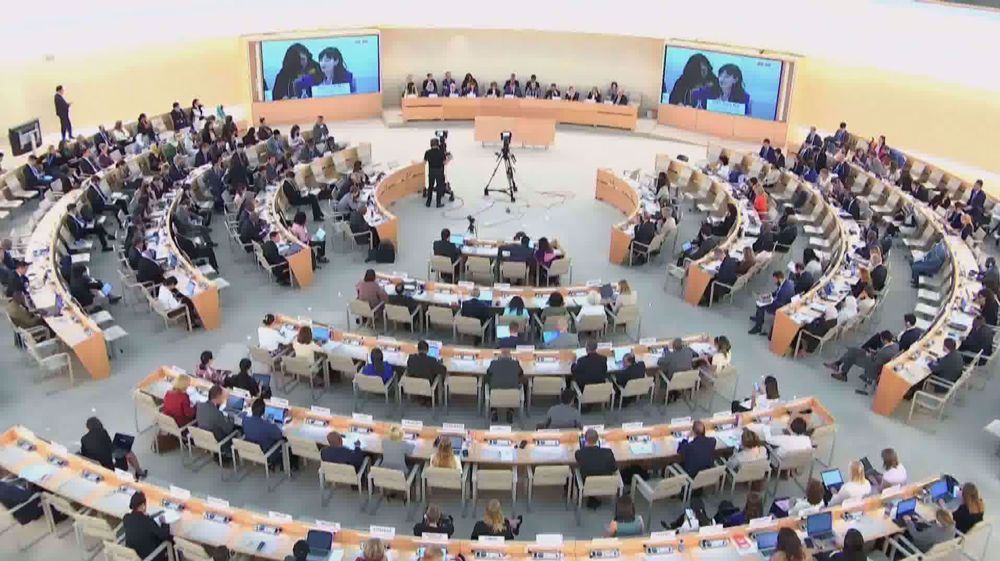
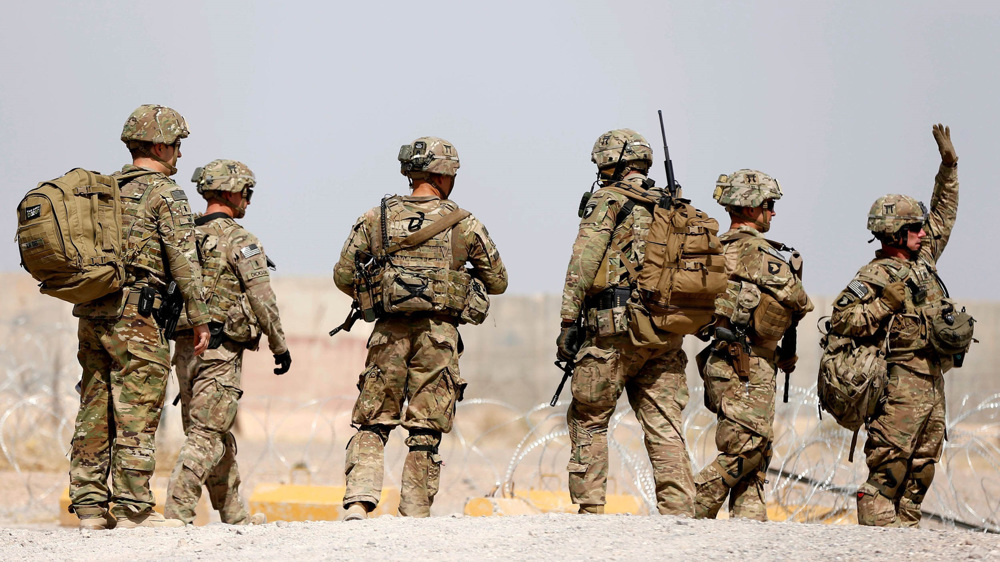
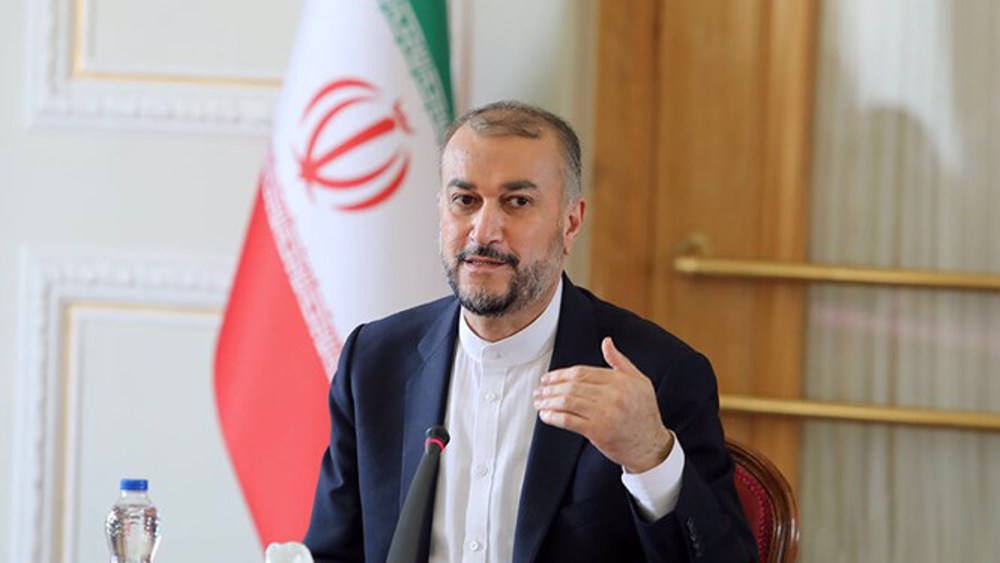
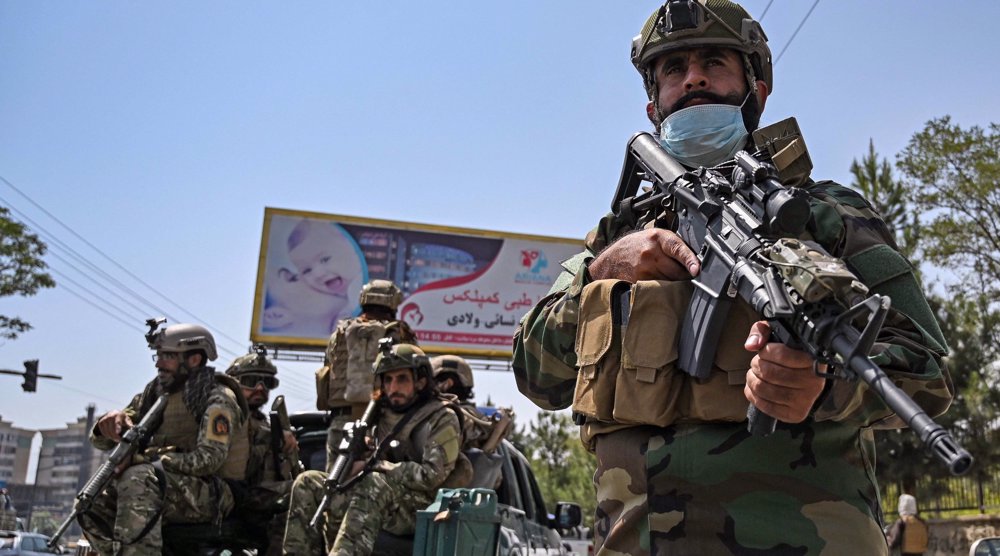

 This makes it easy to access the Press TV website
This makes it easy to access the Press TV website